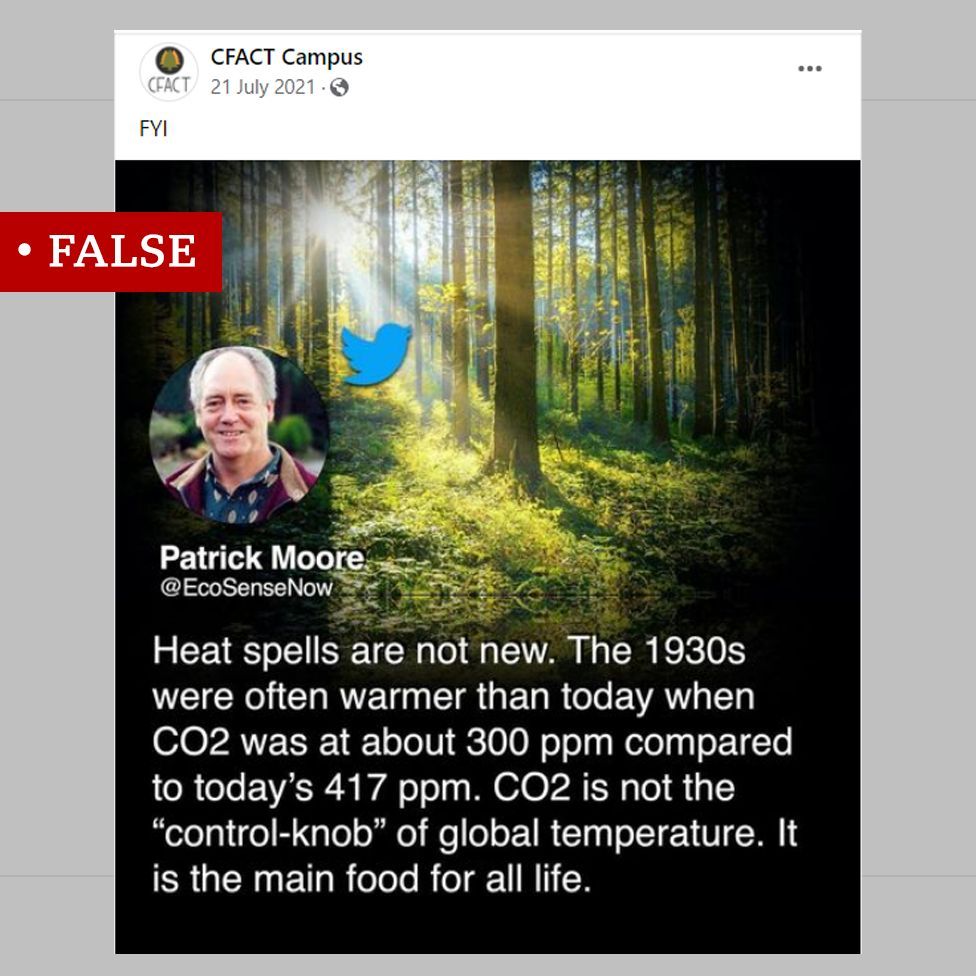
Norway’s government commits a no-no by letting statisticians pose the most inconvenient question.
WSJ, Holman W. Jenkins, Jr. , Nov. 3, 2023
If this column has ever plagiarized itself, it’s by repeating the phrase “evidence of warming is not evidence of what causes warming.” A paper published by the Norwegian government’s statistical agency, written by two of its retired experts, touching on this very subject has called forth so many shrieked accusations of climate apostasy that you know it must be interesting.
The authors aska simple question: Are computerized climate simulations a sufficient basis for attributing observed warming to human CO2? After all, the Earth’s climate has been subject to substantial warming and cooling trends for millennia that remain unexplained and can’t be attributed to fossil fuels. As statisticians, their conclusion: “With the current level of knowledge, it seems impossible to determine how much of the temperature increase is due to emissions of CO2.”
Wow. For all the abuse dumped on them for this modest observation, and even some apologetic hemming and hawing from the government-run Statistics Norway, the authors don’t say climate models don’t make useful predictions. Their predictions are useful precisely for testing the validity of climate models. What’s more, many who are concerned about climate change have no trouble seeing the problem as a matter of risks rather than certainties. This includes co-author John Dagsvik, who toldNorway’s Aftenposten newspaper he favors emissions curbs for precautionary reasons.
The correlation-to-causation puzzle is hardly the authors’ invention, having bedeviled the oracular Intergovernmental Panel on Climate Change since its founding in 1988. But unrestrained name-calling is required, the critics say, because anything that undermines confidence in climate models undermines progress against climate change. Which is laughable. What progress? If any proposition has been demonstrated beyond doubt, equating skepticism with Holocaust denial etc. is the most failed salesmanship strategy in the history of public policy, as readily shownin the emissions data.
What really upsets the critics, though they are petrified to say so, is the paper’s ever so gently brushing its sleeve against the measurement problem.
Since we’re using abstruse calculations of an annual average global temperature to validate the climate models, it matters if these calculations—based on disparate instruments and unstable sampling frequencies and a variety of “proxies” for times and places when no measurements were taken—are accurate and meaningful.
Before 2015, as I’ve previously noted, the U.S. National Oceanic and Atmospheric Administration reported that 2005 and 2010 were equally warm to the second decimal. By 2015, the record was changedto claim 2010 was warmer than 2005. Such adjustments are common and the Norwegians point out the obvious: “It is impossible to evaluate the validity of such administrative changes for an outside user of these records.” In 2017, independent researcher Marcia Wyatt showed 16 such revisionshad been made to the long-past temperature record in just the previous three years.
I’ve long argued that if a future climate scandal is lurking, it’s here. A spirit of disingenuousness already pervades NOAA’s use of these numbers to make “hottest year” and “hottest month” proclamations, ignoring its own stated margin of error, which is often a large multiple of the claimed temperature difference from one period to the next.
Something beyond hysteria, though, explains the continued reliance on the no-longer-plausible idea that ritually attacking every expression of skepticism moves the ball on climate policy. By now, it’s some people’s job, if not personal vocation, to enact these rituals of denunciation simply because it helps prop up the green corporate welfare that has become the primary substitutefor climate action as well as the primary incentive for anyone to spend working hours participating in these now-tired activities.
The same week brought forth a new study from one of the most venerable of climate warriors, former NASA scientist James Hansen, whose own brand of discordance throws the climate crowd into a tizzy of cognitive dissonance. Warming will be worse, his paper predicts, for an ironic reason: Our success in reducing particulate exhaust from vehicles and power sources has reduced the atmospheric aerosols that slow warming. Mr. Hansen champions nuclear power, which remains anathema to many greens, and research into using aerosols artificially to cool the planet, even more anathema, since it doesn’t involve a giant convulsion of green socialism. You can bet most of his argument will be ignored except the part about faster warming, since it can be used to bludgeon any deniers who might be handy.
As long as we’re noting ironies, much of the abuse of the Norwegian authors comes from their fellow Norwegians, whose pretense of green virtue is funded by their country being, per capita, one of the biggest exporters of oil and gas the world has ever known.

